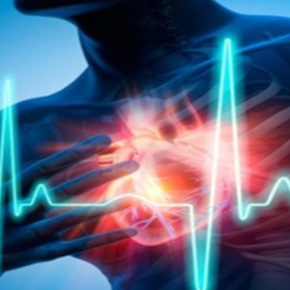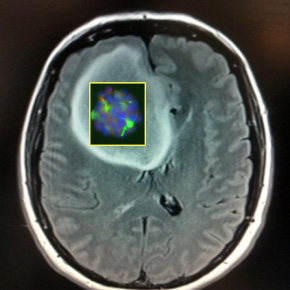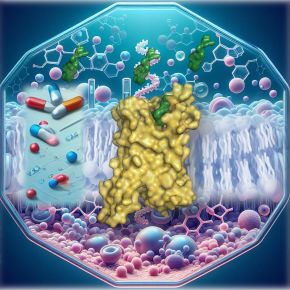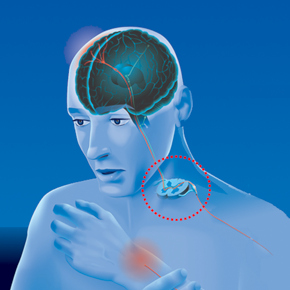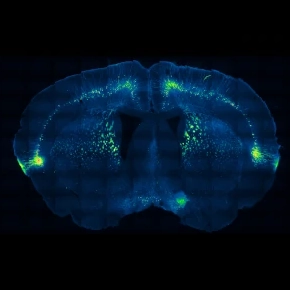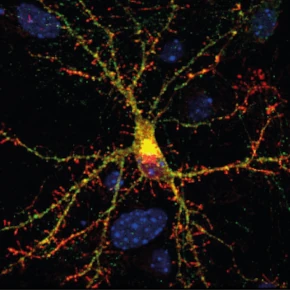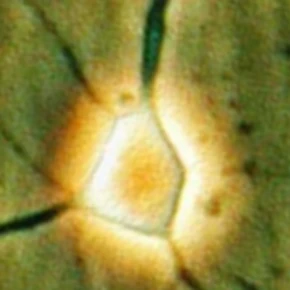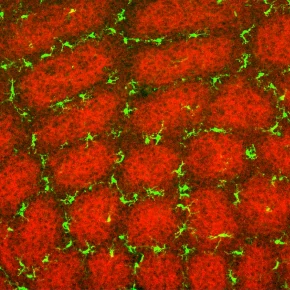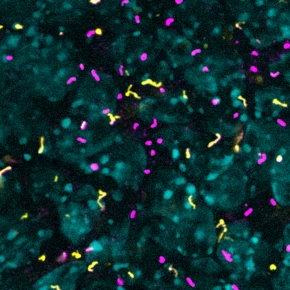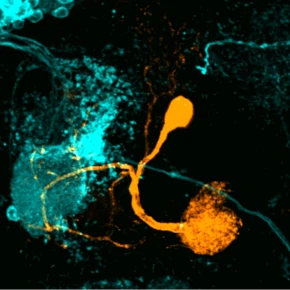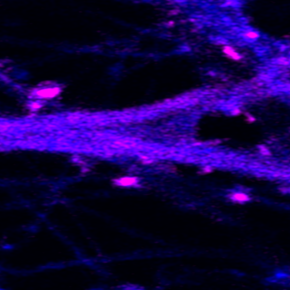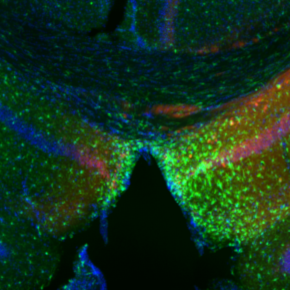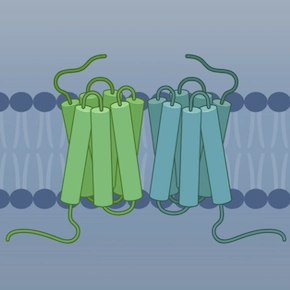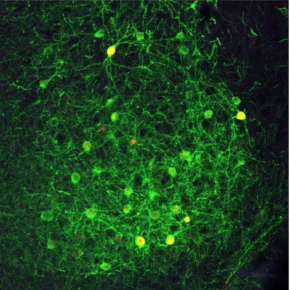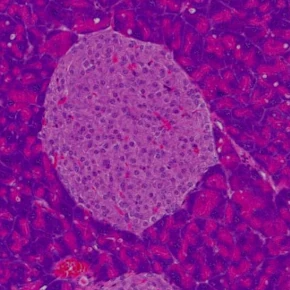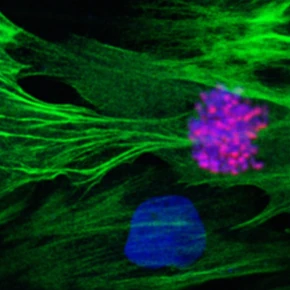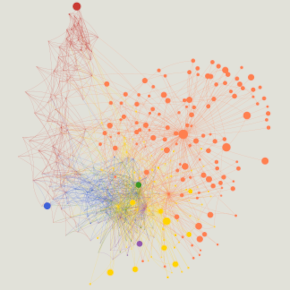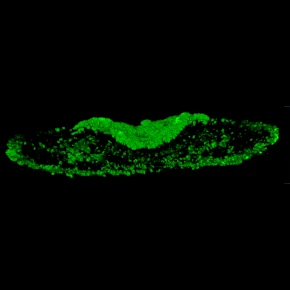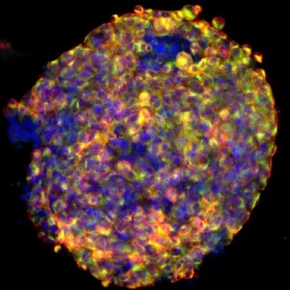Departments
NEUROSCIENCES
The 13 teams in the Neurosciences Department are developing multi-scale approaches to generate new knowledge about the physiology of the CNS and neurological and psychiatric diseases. The use of a variety of methods (cryo-EM, multi-omics approaches, optical, opto- and chemogenetic methods, electrophysiology, behavioural analysis), and the development of new tools (nanobodies, photo-switchable molecules) aim to link molecular/cellular knowledge to integrated CNS functions and to identify new therapeutic targets and biomarkers.
TEAMS
PHYSIOLOGY AND CANCER
The Physiology and Cancer Department conducts cellular and integrated physiology studies aimed at producing fundamental knowledge relevant to diseases with a high societal impact, such as neuroendocrine diseases, circadian rhythm and cardiovascular pathologies, diabetes and cancer. The department provides a unique framework that facilitates exchanges between researchers and clinicians, and mobilises a wide range of technologies (cutting-edge imaging, crystallography, cryo-EM) and multiple Omics approaches made possible by the institute’s platforms of excellence.
TEAMS
